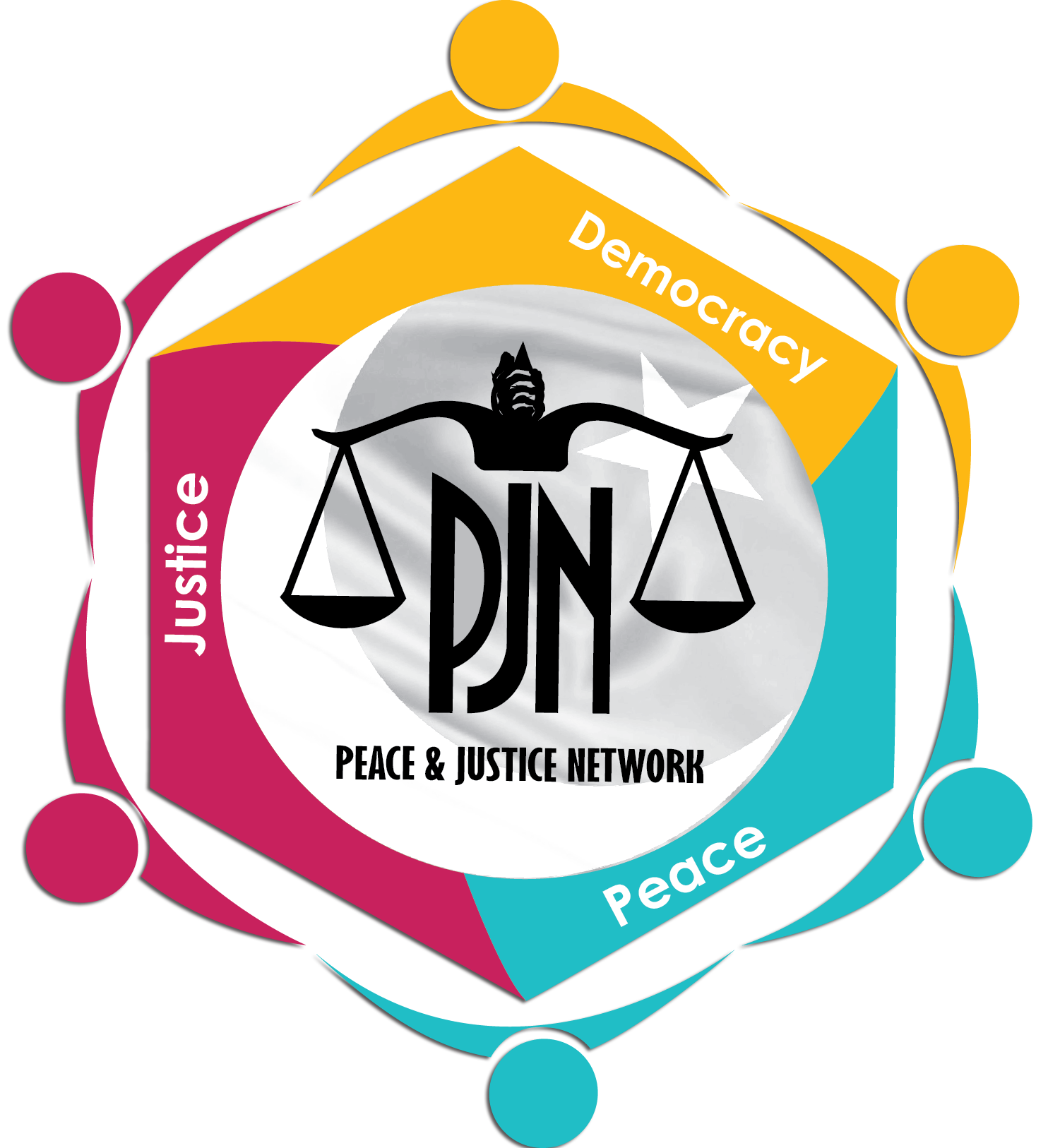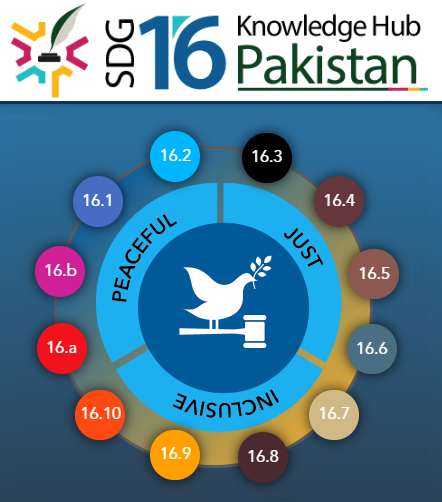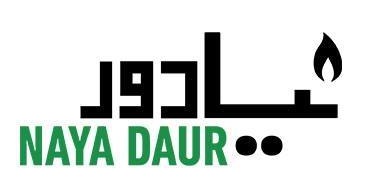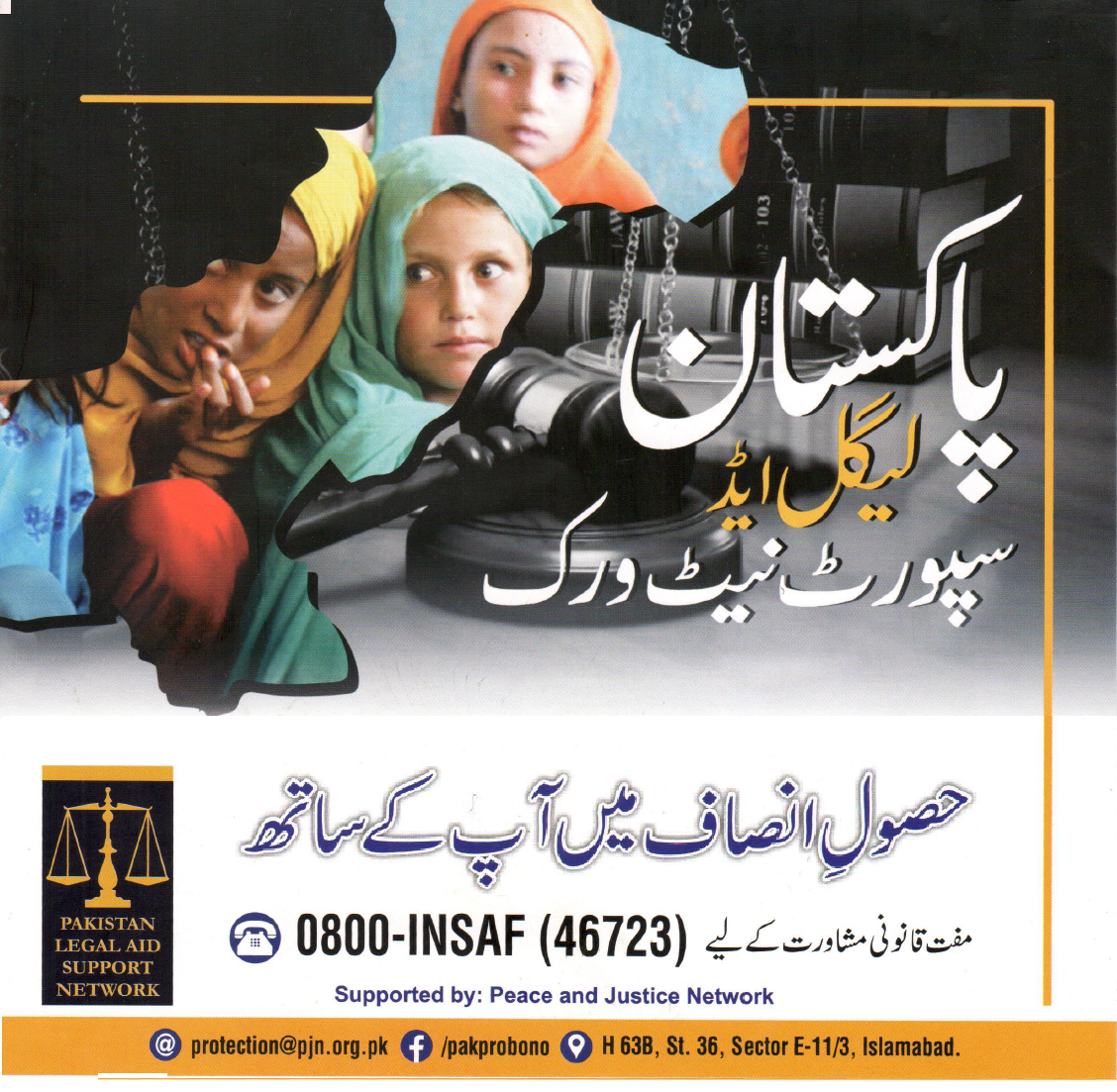

International Day for Judicial Well-being: A Global Call for Action (4 Mar, 2025)
Pakistan Ranks 129 out of 142 in the World Justice Project Rule of Law Index (26 Oct, 2024)
2024 Trafficking in Persons Report: Pakistan (24 June, 2024)
Pakistan ranks second-last in WEF Global Gender Gap Report 2024 (7 Mar, 2025)
Online consultation held on Implementing SDG 16.10.1 Protection of Women Journalist and Media Workers for ensuring Gender responsive Media environment in Pakistan

Mon, September 21, 2020
It is no secret that Pakistani women are playing a pivotal role in virtually every sector of the economy, yet despite the success they continue to face a glass ceiling in terms of promotion to decision making posts and an increasing pay gap. A recent study highlights Pakistan as having highest gender pay gap in the world
In terms of media the presence of women at decision making levels in Pakistan’s media has improved over the years but the number are still dismal especially when compared to their male counterparts. . Gender sensitive indicators developed by UNESCO talks about gender balance in decision making in media organization and safe working environment for gender, equal pay and work life balance amongst others, yet we find that most media houses fail to comply with these standards and indicators. Additionally UN SDG indicator 16.10.1 provides for safety of journalist from arbitrary detention, enforced disappearance and torture
Peace and justice Network –PJN in collaboration with PCHR and UNESCO organized online consultative workshop titled “Implementing SDG 16.10.1 (Protection of Women Journalist and Media Workers) for ensuring Gender responsive Media environment in Pakistan”, to seek recommendations on implementation and formulating a coordination mechanism for reporting on SDG 16.10.1 in Pakistan.
The consultation was attended by large number of female journalist, bloggers and media workers in addition to key speakers Farhat Ullah Babar (former Senator), Madam Khawar Mumtaz (former Chairperson NCSW), Chaudhry Shafiq sb (ED PCHR), Nighat Dad (DRF), Myra Imran (Reporter The News and Member PFUJ), Urooj Raza (Program Host and Journalist), and Tanzeela Mazhar (Program Host and Journalist),
The purpose of the session was to orient female journalist, bloggers and media workers as well as institutions working for the protection of press freedom, cyber harassment and digital rights on Sustainable Development Goal (SDG) target 16.10.1 and also to discuss their involvement for its effective implementation to ensure strong, independent and gender responsive media environment in Pakistan.
During the session, the panelist gave their expert opinion on challenges female journalist, bloggers and media workers are facing in digital world and how we can integrate a protection policy framework in the legislation that meets the standards set out in SDG 16.10.1 for ensuring Protection of Women Journalist and Media Workers.
The session was chaired by Senator Mr. Farhat Ullah Babar.Mr. Babar said that Pakistan should take up the issue of protection of women journalist at parliamentary, legislative, and societal level. He said that Pakistan was the first country that endorsed the goal and pledged to commit itself to Voluntary National report (VNR) on SDG goal 16.10.1. He lamented that women journalists are not given protection by any media house against harassment he termed it a great impediment to freedom of expression in the country. He saluted the grit of women journalist for appearing before the parliamentary committee to raise their voice against online harassment by political party’s workers. He proposed the establishment of national network which monitors and report the incidents of abuse and violation of rights against women journalists. He also proposed that women national caucus regardless of their political affiliation should condemn online harassment by their party coworker this , he believes, will sent a message to the harasser that such behavior will not be tolerated.
Ms Myra Imran shed light on the need for having more women journalists in the media industry she said that women face more pay and job cuts than their male counterparts. Ms. Myra said that women’s voice is missing from media on crucial issues such as climate change and poverty.
Ms. Urooj and Ms. Tanzeela shared their experiences as journalist for media houses. Ms. Myra stated that women journalist face sexual harassment at work place on daily basis and those who dare to raise their voices are fired from work. Ms. Tanzeela opined that Journalists, media house owners, reporters from the print and electronic media, civil society members, and concerned citizens must come together to formulate an ethics code that can be implemented at media houses, publishing houses etc to ensure gender sensitive environment.
While expressing her views Ms. Khawar Mumtaz said that the societal mindset needs to change and a no tolerance policy towards harassment should be implemented at all private and public entities to ensure safe working spaces for women.
Mr. Chaudhry Shafiq opined that labour department should look into the incidents of harassment at media houses he stated that labour department shies from exercising its jurisdiction over private media houses citing that these are third party matters.
The panelist also stressed on the need for active role of PFUJ to protect their colleagues against threats. Trainings should be arranged for women journalist on how to protect and report cyber harassment.
At the end of session Mr. Raza Ali Executive Director PJN thanked all the participants for sharing their input. The recommendations of the consultation would be shared with the parliamentary committees and other relevant stakeholders for further action.
To view pictures of the session please click here
Copyright © 2026 pjn.org.pk








